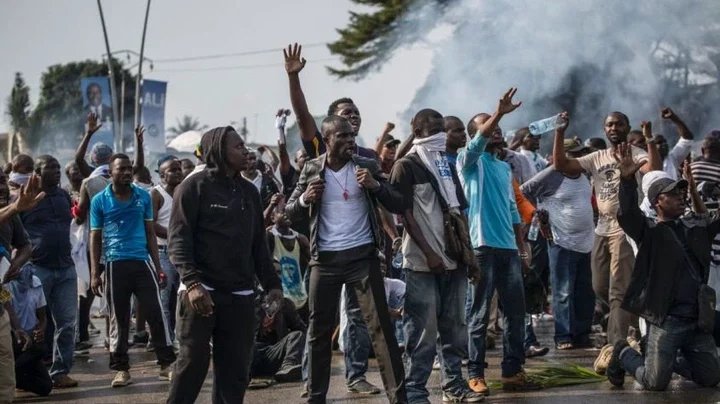
Rigged elections are a serious problem in Africa because they undermine the democratic process.
This is because the integrity of election processes is a crucial factor in maintaining democratic norms and ensuring the voice of the people is genuinely heard.
In this article, we highlight five elections that have faced significant allegations of rigging, casting a spotlight on the controversies and irregularities that have marred these electoral processes.
1927 Liberia General Election
This election was so rigged that it made it into the Guinness Book of World Records as the most fraudulent election ever reported in history. The incumbent president, Charles D.B. King, won the election with 240,000 votes, while his opponent, Thomas J. Faulkner, received only 9,000 votes.
According to reports, the number of registered voters was less than 15,000. The election was accompanied by widespread allegations of voter fraud, as Faulkner accused members of the True Whig Party government of using slave labour at home and selling slaves to the Spanish colony of Fernando Po, and involving the Army in the electoral process.
2008 Zimbabwe General Election
This is another election that was described by Human Rights Watch as "deeply flawed." The election pitted incumbent Robert Mugabe against opposition leader Morgan Tsvangirai. After the elections, no official results were announced for more than a month.
It was later reported that Tsvangirai won 47.9% of the vote and Mugabe 43.2%, necessitating a run-off. Ahead of the runoff, supporters of Mugabe and Tsvangirai perpetrated violence so much that Tsvangirai announced that he was withdrawing from the race.
Tsvangirai who described the run-off as a "Violent sham" said that his supporters risked being killed if they voted for him. The run-off went on without Tsvangirai and Mugabe was declared the winner as the only participating candidate.
2011 Democratic Republic of the Congo General Election
Another election marred by irregularities is the 2011 Congo election between Etienne Tshisekedi and President Kabila. Reports from international organizations such as the United Nations and the European Union held that the elections were held under difficult conditions.
Tshisekedi reportedly declared himself as President claiming that the majority of the people turned against President Kabila. Kabila who was leading with 4.9 million votes, allegedly ceased all email and SMS services nationwide. Tshisekedi trailed behind with 3.4 million votes.
It was also alleged that over 5,000,000 ballot papers were pre-ticked for Kabila.
2007 Kenya General Election
The 2007 Kenya General elections between Incumbent Mwai Kibaki, Party of National Unity (PNU), Raila Odinga, Orange Democratic Movement (ODM) and Kalonzo Musyoka Orange Democratic Movement-Kenya were strongly marked by ethnic hostility. This is as Kibaki was declared the winner with 46% of the vote and sworn in at State House while Raila Odinga also claimed victory.
Odinga's victory claim led to civil unrest that resulted in the deaths of several hundred people and the displacement of many. To restore peace, the National Accord and Reconciliation Act appointed Odinga as Prime Minister.
2007 Nigeria General Election
Election observers from the European Union described this election as the worst they had ever seen anywhere in the world. This was because the election was allegedly characterized by "rampant vote rigging, violence, theft of ballot boxes and intimidation."
The election had Umaru Yar'Adua of the ruling People's Democratic Party (PDP), Muhammadu Buhari of the All Nigeria Peoples Party (ANPP) and Atiku Abubakar of the Action Congress as presidential candidates. Before the elections began, there was an alleged attempt in Bayelsa State to kill Goodluck Jonathan, who is the PDP vice-presidential candidate.
There were calls that the presidential election be postponed, that INEC be disbanded, and that the earlier elections be annulled. Ballot papers which were kept in South Africa to prevent tampering did not arrive in the country till the evening of the election day.
The results of the imperfect election were not clearly stated as they did not disclose the total votes scored in the states or the percentages of the scores by the presidential candidates. However, Umaru Yar'Adua was declared the winner of the election.

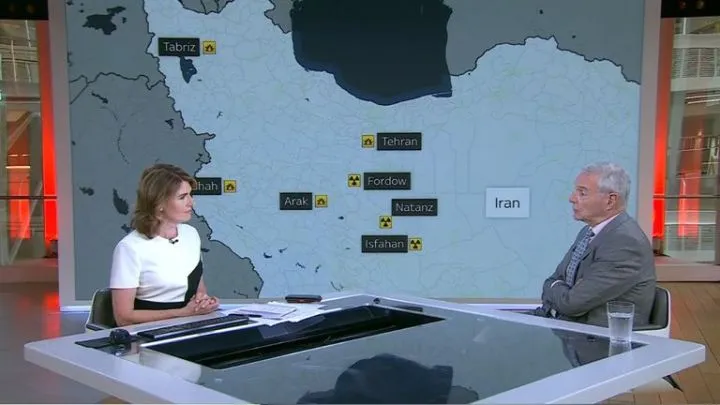

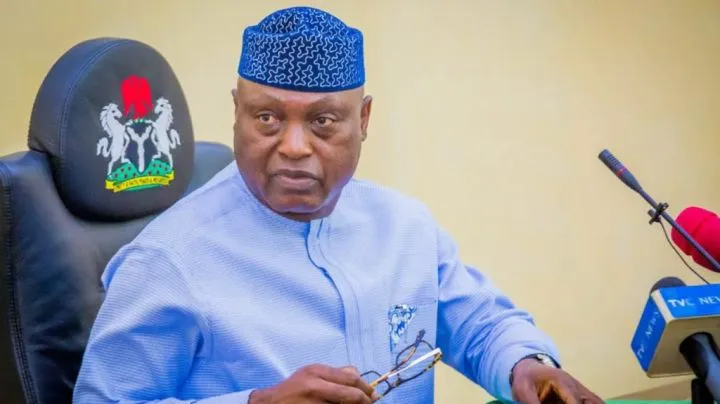
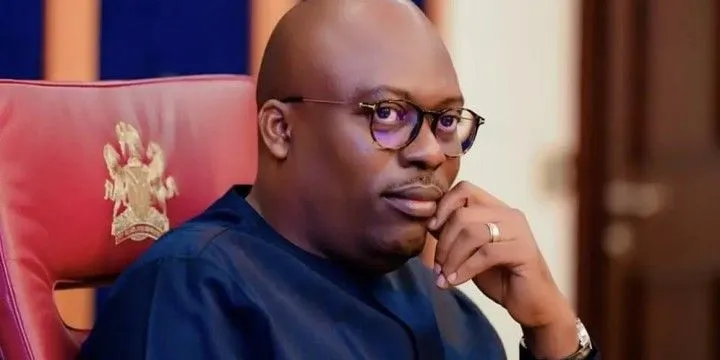
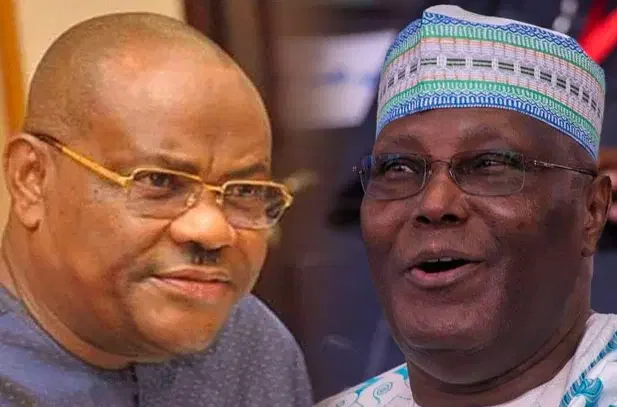
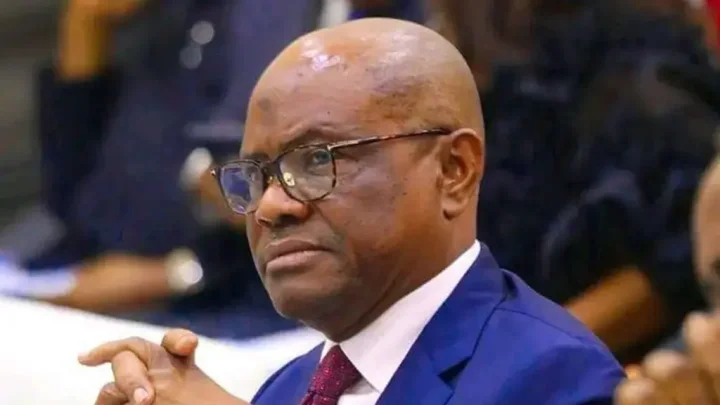
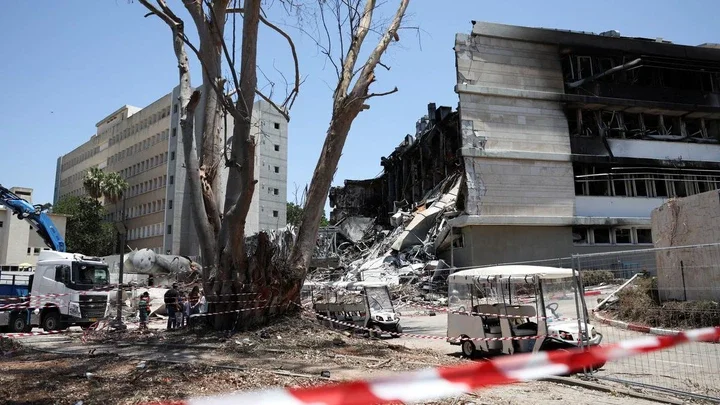







Comments